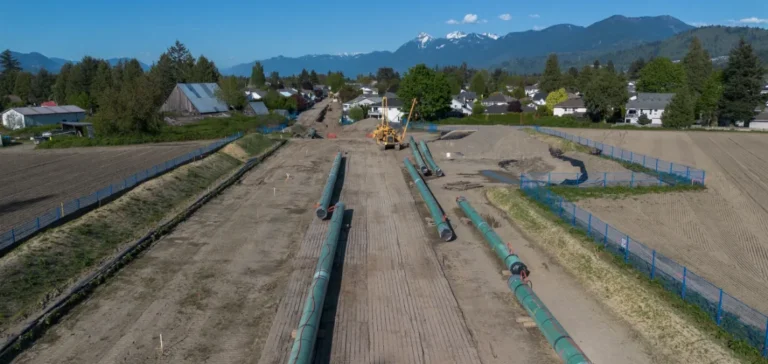The implementation of Bill C-5 by the Canadian federal government raises new questions about the possibility of authorising new pipelines connecting Alberta to international markets. Presented as a softening of the previous regulatory framework that blocked numerous projects over the last decade, the legislation offers no clear guarantees for investors or energy project developers.
Strict conditions limit the framework’s applicability
The legislation introduces a conditional approach, primarily dependent on producers’ ability to finance domestic carbon dioxide (CO₂) emission reduction measures. Securing a permit also relies on provincial support, notably from Quebec, which holds a veto right over any project crossing its territory. This provision makes any eastward expansion particularly uncertain.
Regional blockages remain a major obstacle
In the spring, Quebec’s Premier expressed cautious openness to discussing pipelines, driven by economic fears over potential US tariffs. However, no official confirmation of support has materialised since. In British Columbia, the provincial government adopts an ambivalent stance: although less opposed than in the past to a project similar to the defunct Northern Gateway, it has issued no clear positive signals.
Previous cases leave little room for optimism
The example of the Trans Mountain Expansion (TMX) illustrates the post-approval challenges. Despite receiving political and financial backing, the project suffered repeated delays due to legal disputes and regulatory hurdles, resulting in cost overruns reaching CAD38bn ($27.5bn). Without guarantees that such situations will be avoided under Bill C-5, developers remain hesitant to commit capital.
Western provinces pursue their own strategies
In Alberta, the provincial government is multiplying diplomatic efforts to advocate for the oil sector’s demands while maintaining federal unity. The Premier recently approved a sovereignty referendum to strengthen her negotiation position with Ottawa. Meanwhile, Saskatchewan has opted for a confrontational strategy, refusing to shut down its coal-fired power plants by 2030 as mandated by the federal government.
The minister responsible for SaskPower, the local public utility, confirmed that the province would extend the use of coal until the transition to nuclear energy becomes technically and economically viable. This decision is supported locally by communities that rely on this sector for employment and economic stability.






















